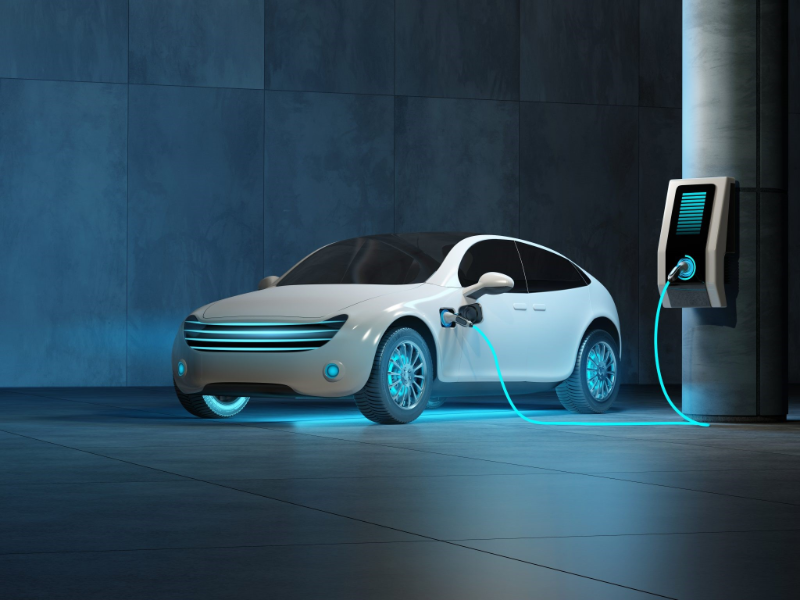- Karnataka plans tax cuts and incentives for clean mobility, including hybrids, aiming to attract investments and boost adoption, despite some preferring a focus solely on EVs.
- The state targets up to $6 billion in investments, aligning with India’s goal of 30% EV market share by 2030, encouraging industry growth and environmental sustainability.
OUR TAKE
The draft policy exemplifies Karnataka’s drive towards sustainable transport, offering a pragmatic pathway to reducing emissions. Despite contention over hybrid incentives, the holistic approach to clean mobility can catalyse investment and technological advancement, supporting India’s environmental goals and economic growth.
–Vicky Wu, BTW reporter
What happened
The southern Indian state of Karnataka has drafted a policy that proposes significant reductions in levies and offers financial incentives to companies involved in the clean mobility sector.
According to a Reuters report, the draft document indicates that the state intends to slash road tax and registration charges for hybrid cars valued under $30,000, down from the current rate of between 13% and 18%. This move could position Karnataka as the second state after Uttar Pradesh to extend tax breaks to hybrid vehicles, a development that stands to benefit Toyota, which has been lobbying for such measures. The draft policy aims to promote the adoption of clean mobility vehicles, encompassing electric vehicles (EVs), certain hybrid models, and hydrogen-powered vehicles.
Additionally, Karnataka plans to provide incentives of up to 25% on capital investments made by EV component manufacturers, with the percentage varying based on the size of the investment and employment figures. These incentives will also extend to makers of battery components and EV charging infrastructure.
Also read: BMW overtakes Tesla in European battery electric vehicle market
Also read: Audi to invest $1B in electric vehicle projects in Mexico
Why it’s important
The proposed policy highlights Karnataka’s commitment to fostering a cleaner transportation future, aligning with Prime Minister Narendra Modi’s national agenda to enhance EV uptake as a means to combat pollution and reduce reliance on imported fuels. The initiative could attract substantial investment, with the state aiming to draw up to $6 billion in fresh capital through its clean mobility policy. However, the inclusion of hybrid vehicles in the incentive scheme has sparked debate, as some domestic manufacturers prefer a sole focus on EVs. Despite this, the policy reflects Karnataka’s ambition to become a leading hub for clean mobility solutions, potentially setting a precedent for other states and contributing to India’s goal of reaching a 30% market share for fully electric vehicles by 2030.

